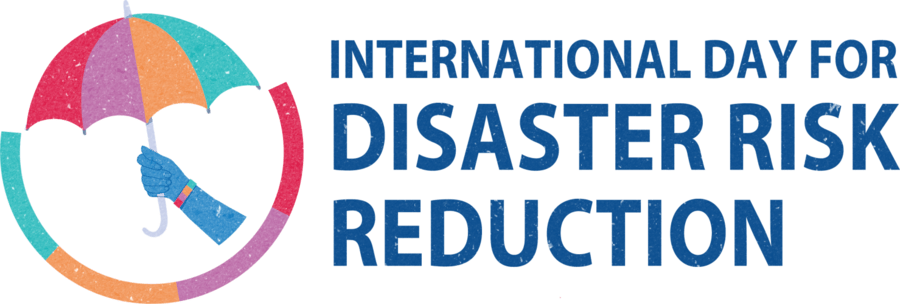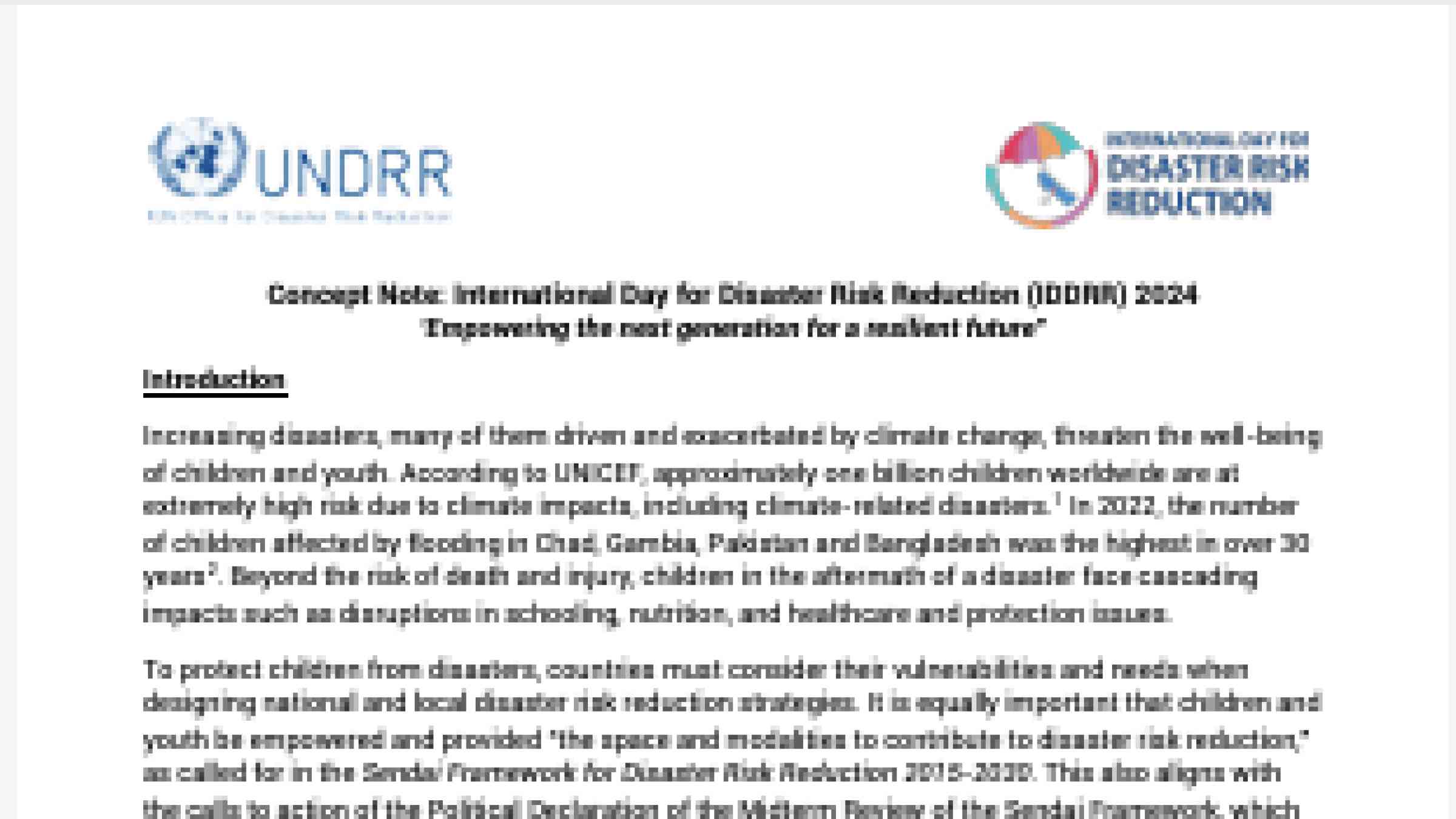International Day for Disaster Risk Reduction 2023
To achieve the goal of the Sendai Framework of reducing global disaster risks and losses, the theme of the International Day for Disaster Risk Reduction (IDDRR) 2024, which falls on 13 October, will be on the role of education in protecting and empowering youth for a disaster-free future.
The International Day for Disaster Risk Reduction

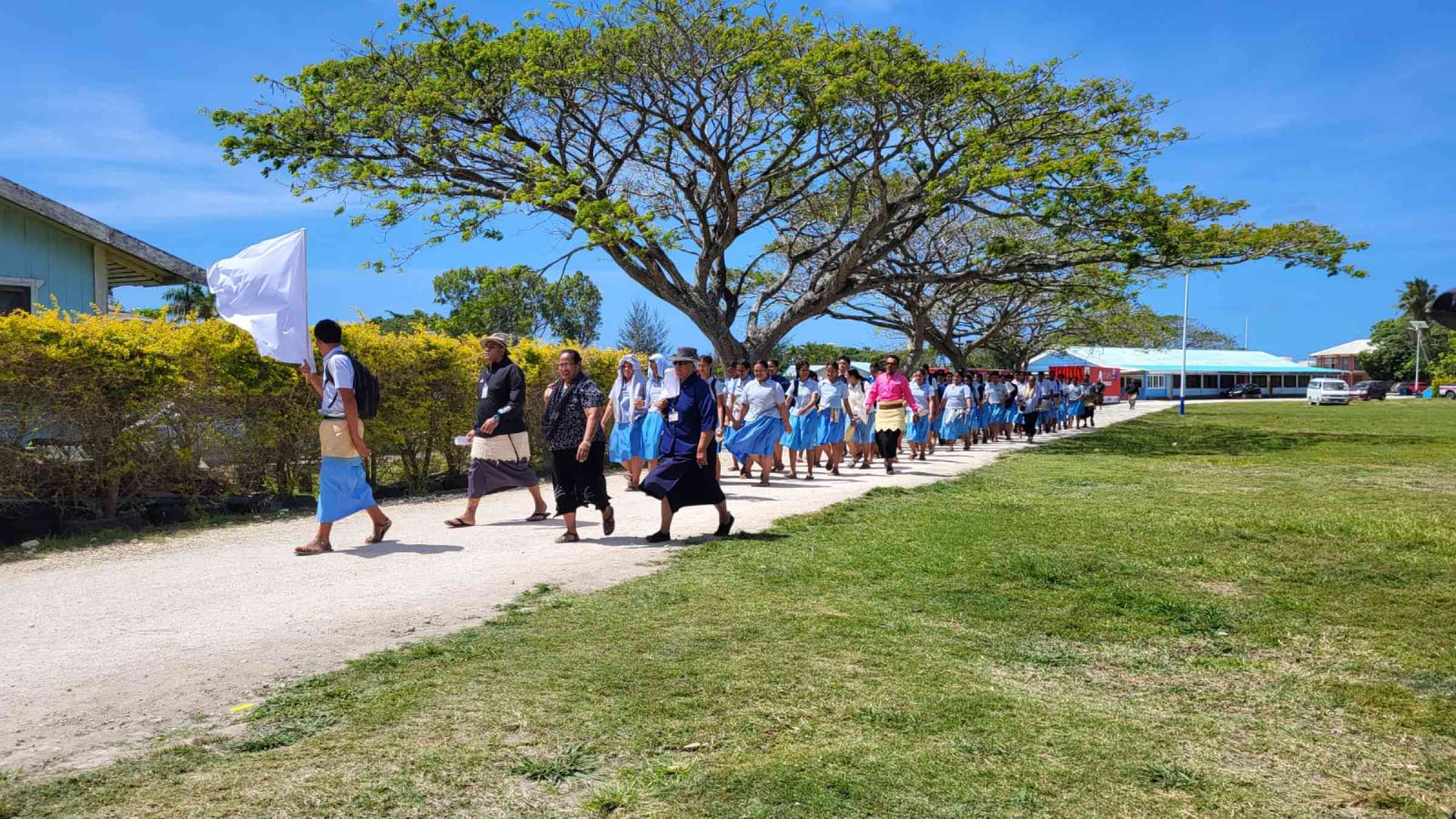

Activation Toolkit 2024
Earlier this year, we called on the global community to share good practices in engaging children and youth on disaster resilience. These are some of the inspiring examples of actions in the community we received. Many thanks for all your submissions!
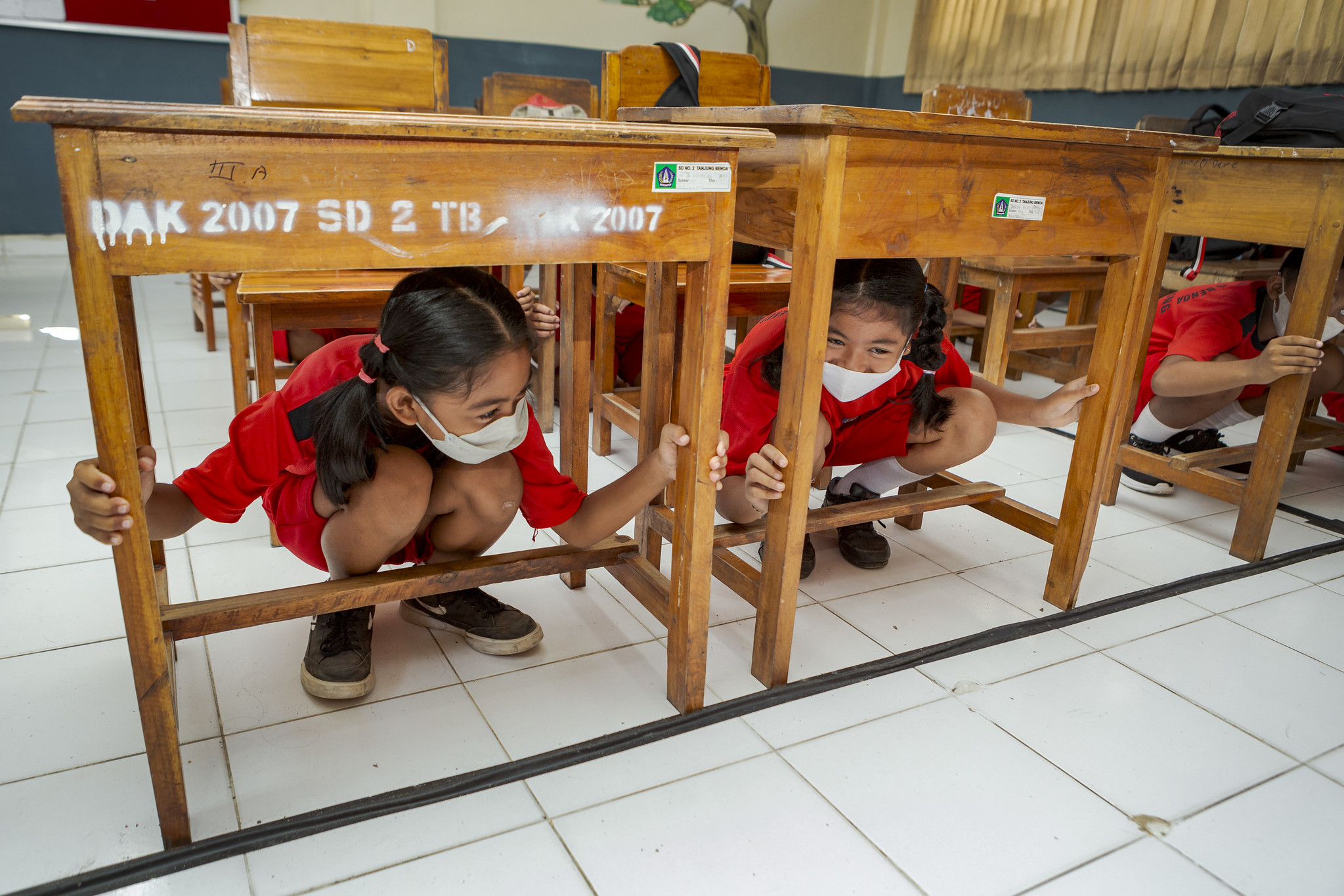
Key messages
- Disasters are growing and impact the well-being of children and youth.
- A staggering 400 million students globally experienced school closures from extreme weather since 2022.
- Every child and youth deserves to be protected from disasters, especially at school.
- Schools have a critical role in promoting a culture of disaster prevention and empowering young people to understand and act on the risks they face.
- Early warning systems should be accessible to children and youth so that no one is left behind.
- A one-time investment of $18.51 per child can mitigate the impact from climate shocks.
- Climate crisis is hitting education the hardest in low-income countries, with 18 school days lost annually on average, compared to 2.4 days in wealthier nations.
- Building the preparedness of children and youth can help protect entire families and communities.
- Countries need child-centred DRR policies. This means integrating the needs, vulnerabilities and ideas of children into disaster risk reduction and climate change adaptation plans, with resources dedicated to their implementation.
- Child-centred DRR is grounded in the principles of the UN Convention on the Rights of the Child.
- Schools should be safe learning spaces, where children and staff are protected from ALL risks
- The Comprehensive School Safety Framework offers governments a way to protect children and schools from all risks and hazards in the education sector
- Children and youth have the right to safety, security, and protection in schools, to educational continuity, and to participate in decisions that affect their future.
- Over 1 billion children have had their lives disrupted by disasters since 2000, with over 80,000 schools damaged or destroyed. Child rights must be protected for #safechildrensafeschools.
- We’re calling on governments and partners to act now to commit to implementing the Comprehensive School Safety Framework to protect children, educators, staff, & schools - we need a multi-hazard approach to school safety.
Faces of resilience
In a world facing climate-related challenges, children like Abbas and Ayana, youth representative Khadija are adapting, innovating, and advocating for resilience in the face of floods, heatwaves, wildfires, and other disasters. Their stories reflect the human spirit's capacity to persevere, prepare for change, and work together to build a more sustainable and resilient future.
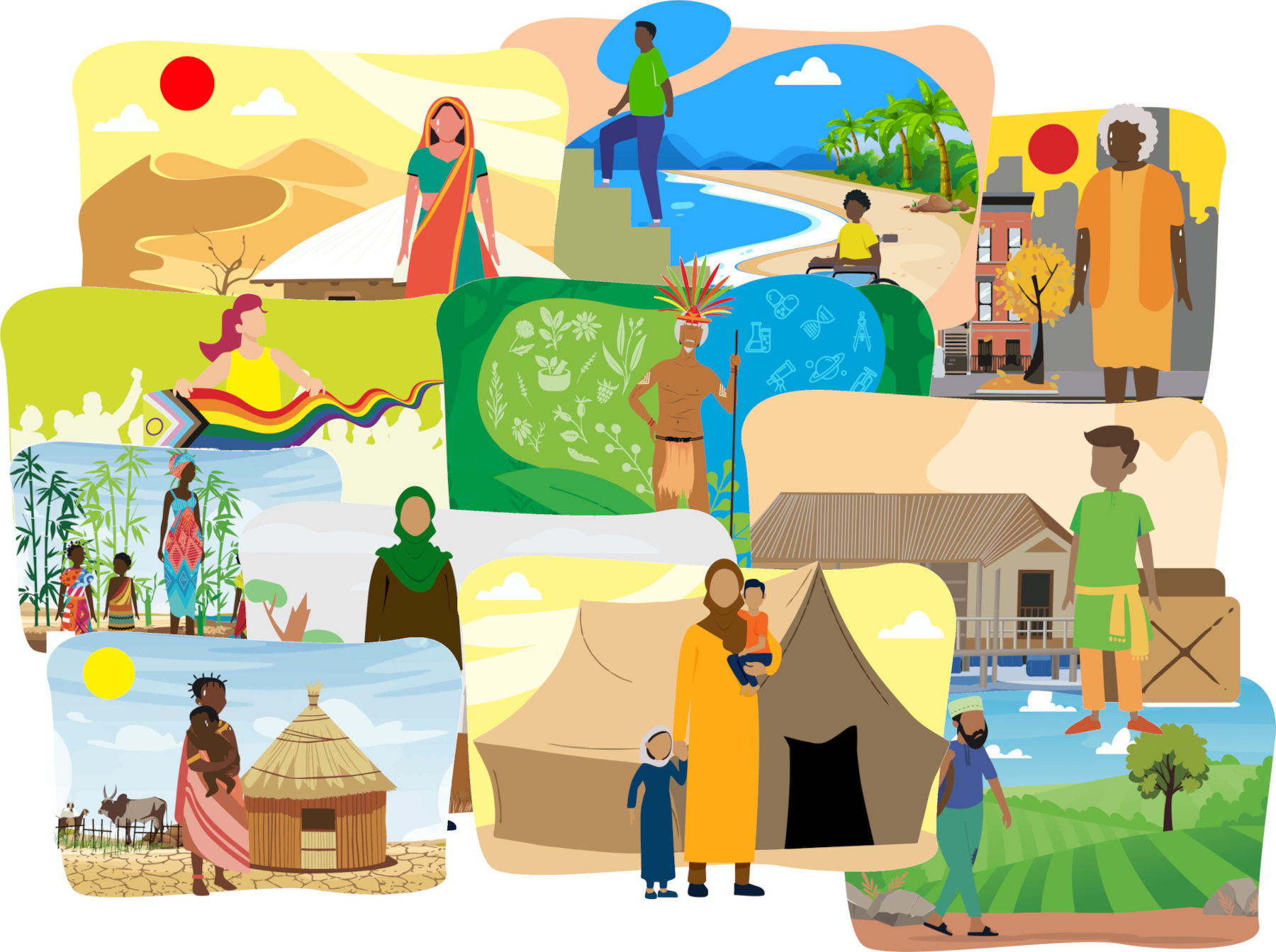
"Young people must be equipped with skills and knowledge to shape a cleaner, greener, more climate resilient future,” António Guterres, UN Secretary-General
